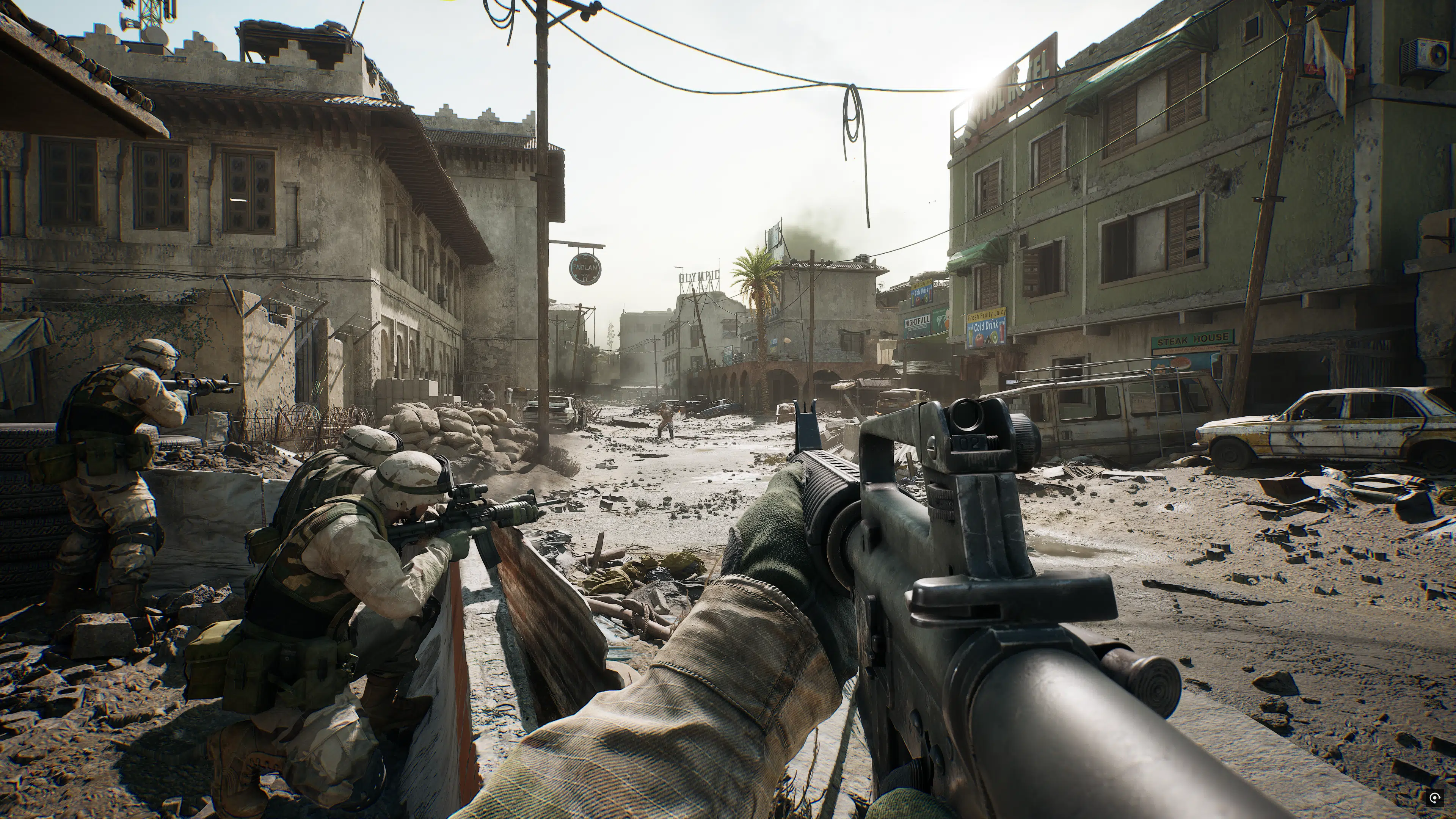Black Hawk Down – A Harrowing Portrait of Modern Warfare
Black Hawk Down (2001), directed by Ridley Scott and based on the non-fiction book by Mark Bowden, is a visceral, unrelenting war film that immerses viewers in the chaos and brutality of modern combat. Depicting the real events of the 1993 Battle of Mogadishu, the film is a haunting reminder of the unpredictability of war and the courage of soldiers caught in its crossfire.
Set during the U.S. military’s humanitarian mission in Somalia, the story focuses on a catastrophic operation conducted by elite American forces to capture warlord Mohamed Farrah Aidid’s top lieutenants. What was intended to be a quick, strategic mission quickly spirals into an extended firefight when two Black Hawk helicopters are shot down by Somali militia forces. The result is an intense, nearly two-day urban battle that leaves 18 American soldiers dead and over 70 wounded — along with hundreds of Somali casualties.

Ridley Scott’s direction is masterful in its realism. The film strips away romanticism and instead presents war as confusing, terrifying, and relentless. From the moment the first bullet is fired, the pacing is relentless. The handheld camera work and kinetic editing put viewers in the thick of the action, creating a sense of disorientation that mirrors what the soldiers themselves experienced. The streets of Mogadishu become a maze of danger, where every alley and rooftop hides an invisible enemy.
The cast features a wide ensemble, including Josh Hartnett, Ewan McGregor, Eric Bana, Tom Sizemore, and Sam Shepard. Though the characters are numerous, the film focuses on the brotherhood between soldiers, the loyalty that binds them, and the moral weight of decisions made under fire. Rather than presenting a single hero’s journey, Black Hawk Down explores how each man responds to the trauma and chaos of battle. Josh Hartnett’s Sergeant Eversmann emerges as a quiet center, a young leader burdened by responsibility, while Eric Bana’s Delta Force operator Hoot serves as a hardened veteran who personifies stoic bravery.
The film’s portrayal of the Somali conflict is not without controversy. Critics have argued that it lacks nuance in its depiction of Somali civilians and fighters, and some have raised concerns about the absence of Somali perspectives. Nonetheless, the film focuses primarily on the soldiers' experience and the operational failures that led to such high casualties — including miscommunication, overconfidence, and an underestimation of the resistance they would face.

Technically, Black Hawk Down is a feat. The sound design, cinematography, and score by Hans Zimmer work together to create a relentless and immersive environment. The film won Academy Awards for Best Film Editing and Best Sound, as well as nominations for cinematography and directing.
In sum, Black Hawk Down is a gripping and harrowing war film that refuses to flinch from the realities of combat. It is not a glorification of battle, but rather a sobering look at courage, loss, and the high cost of failed policy and hubris. More than two decades after its release, it remains a powerful entry in the war film genre and a stark reminder of the human toll of modern military conflict.

